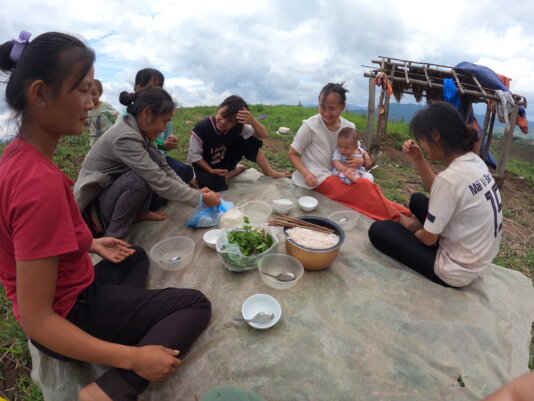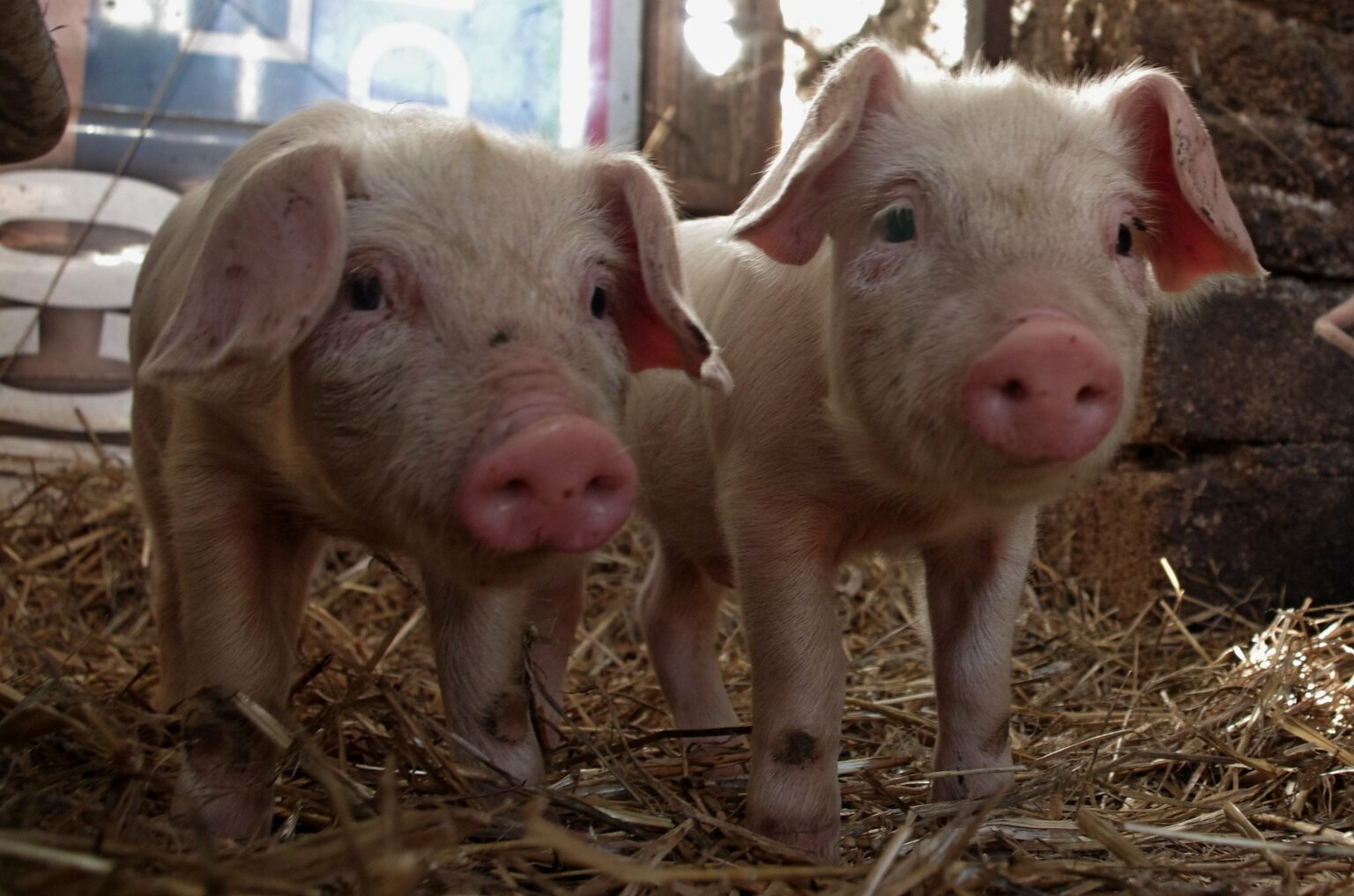- About
- Topics
- Story
- In-Depth
- Picks
- Opinion
- News
- Donate
- Signup for our newsletterOur Editors' Best Picks.Send
Read, Debate: Engage.
| April 07, 2023 | |
|---|---|
| topic: | Sustainable Development |
| tags: | #Vietnam, #circular economy, #Sustainable Agriculture, #indigenous knowledge |
| located: | Vietnam |
| by: | Alex Nguyen |
In 2019, Khang A Tua and Mua Thi Mua, two young people from the HMong ethnic minority group, decided to travel back to their hometown Mu Cang Chai in northern Vietnam from the capital Ha Noi to initiate a project they named Ná Nả.
In the HMong language, Ná Nả is spelled Nav Nam, and is the endearing term for 'Mommy, mommy!' Utilising local wisdom, including traditional planting methods and seeds, the project is regenerating local culture and practices by offering minority groups native to the area workshops on how to preserve and develop their skills. It also aims to create jobs and generate income for HMong farmers, particularly women and girls.
Mu Cang Chai residents were taken by surprise when they first heard about the project: the region is suffering an economic lull, and young people in the area have been moving to larger cities to make ends meet. But the initiative's founders say their initiative is much needed under the circumstances, and can provide effective solutions.
Mu Cang Chai is located in the Yen Bai province, which is one of the 63 poorest districts in Vietnam, with a poverty rate of 75 percent. The town is one of the largest hubs of the HMong people, who account for 50 percent of its population. The minority group is principally concentrated in the mountainous north of Vietnam, and usually lives at high altitudes.
Over the last few years, HMong people living in northern Vietnam have been strongly affected by human-caused climate change. The main reason is that for generations, Hmong people have used an outdated method of slash-and-burn farming and cutting down planted trees and dry herbs.
Shrinking forest resources, wildfires and people's lack of awareness about the significance of forest protection have left the region susceptible to more frequent droughts, floods and landslides.
Initially, the project operated mostly online and mainly involved the selling of goods made in their hometowns to people in other cities. Tua and Mua announced what’s available on Ná Nả’s Facebook page, where customers could contact them and place orders. Tua is from Mu Cang Chải and Mua is from Nậm Pồ, another poor region in the north, and they sell whatever people in their hometowns make.
Tua sold raw honey from natural beekeepers, free-range chicken of local breeds and seasonal greens, while Mua sold authentic rice or handicraft products sourced from both areas, including brooms, bamboo baskets, embroidered fashion items and brocade fabrics.
Seeing as Tua and Mua sought to sell high-quality, sustainably-made products, they began helping farmers in their hometowns to learn and apply more effective and sustainable farming methods. The products' limitations include a reliance on the weather, breeds and the degree to which farmers adhere to the instructions.
For the project to succeed, local farmers must truly grasp the environmental context they work in. Recently, the quality of upland rice, for instance, has been greatly affected by drier weather, especially when planted in the Vietnam – Laos border.
But rather than searching for new hybrid seeds that are more productive, Ná Nả's founders advise farmers to continue working on indigenous grains that, which may be less productive but are more efficient in safeguarding the soil and environment.
"Rather than focusing on yield, this would be more sustainable in the long-run, because [...] the indigenous seed is the knowledge that has been accumulated over hundreds and thousands of years, " Tua saud. "I am not too rigid in keeping it, but am very careful in keeping it, as a way to show respect for the work of the older generations over the past few hundred years."
He added, "I once read a study that showed that local seeds affect economic autonomy because the source of hybrid seeds is highly dependent on the companies. So, at least keeping the indigenous seed is keeping the economy autonomous."
The initiative, however, has not received any support from the local authorities so far.
Twenty years ago, most HMong people were completely self-sufficient, and carried out minimal trade with people outside their community. In 2007, Mu Cang Chải district received a national scenic status for its terraced fields, and was geared towards becoming a tourist destination. Hmong men were were subsequently able to earn quick cash from work in nearby construction plants or mining workshops.
Hmong women, however, became dependent on men’s salaries, as they stayed at home to take care of children and the elderly. The Ná Nả founders said they want to see HMong women develop their professional skills and generate sustainable income.
"Ná Nả promotes changing the perspective of Hmong women in economic self-reliance," Mua said. "Previously, many women believed that making money was a man's job. The project wanted to change that perception by stating that making money is the responsibility of both husband and wife, [as is] taking care of the family and children."
The two have been collaborating with farmers and organising activities and social initiatives, such as developing a circular economy model and introducing local black-bone chicken products to the communities.
They also started a series of workshops for larger communities on traditional practices such as weaving and dyeing. Each of them contributes to the goal of preserving local knowledge.
In A Return, a 2022 documentary film about local wisdom and sustainability in Vietnam, the Ná Nả founders stated: "Selling black-bone chicken is a way to show our respect to the ones above. But somehow it helps with the conservation of the black-bone chicken. I think it’s a beautiful cultural thing of the Hmongs."
By copying the embed code below, you agree to adhere to our republishing guidelines.

